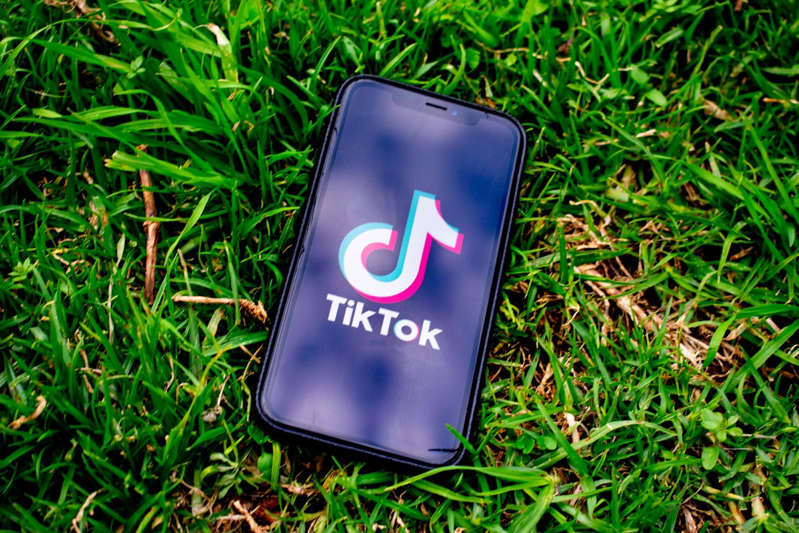
The Chinese company ByteDance, which owns the social network TikTok, has created its analogue specifically for children and adolescents from China. In the Xiao Qu Xing (“Funny Star”) app, users can like short videos, but they cannot upload or download videos. In addition, parental control has appeared in the application – you can use it for up to 40 minutes a day.
The feed of posts on Xiao Qu Xing will be personalized, just like on TikTok, Bloomberg reported. It will include videos from various fields – from science to literature and art history.
TikTok's best-known competitor in China, Douyin, also updated its kids mode a few days earlier. For all users under the age of 14, there is a ban on using the program from 22:00 to 6:00, and parents can also limit the time of using the application to 40 minutes per day.
How China Is Shielding Children from the Internet
In 2019, the Chinese authorities, worried about the growth of gambling addiction among young people, made it mandatory to register in popular games under real names. Players under 18 were banned from playing at night and restricted in purchases on gaming platforms. The authorities took such measures after several incidents involving minors, including theft of money in order to replenish the gaming account.
In July 2021, the country launched the Midnight Patrol system. She tracks schoolchildren playing online games at night. The technology involves scanning faces and registering under real names. These procedures are voluntary, but anyone who refuses to be tested will automatically be considered a minor. These players are not allowed to log into their game account from 22.00 to 8.00.
At the end of July, the country banned streaming with the participation of children under the age of 16. A local regulator has expressed concern over the display of “capitalist values” and “extravagant pleasures” in the videos of young Chinese people. Internet platforms were banned from promoting the accounts of children and adolescents, creating minor stars out of them.
Also in the summer of 2021, China tightened the requirements for paid online education for children. The authorities attributed this to the too high workload on the students.
Photo: Pixabay, Pixabay License
Read also:
China banned the sale of LGBT-set from LEGO
In China, fighters against pornography sent to fight tutors
China decides to fight effeminate men and pop star fans
Style, kitsch, gilding. The most luxurious mansions of Russian stars
“Slaughter the hens that lay the golden eggs.” Does Russia need privatization 2.0

